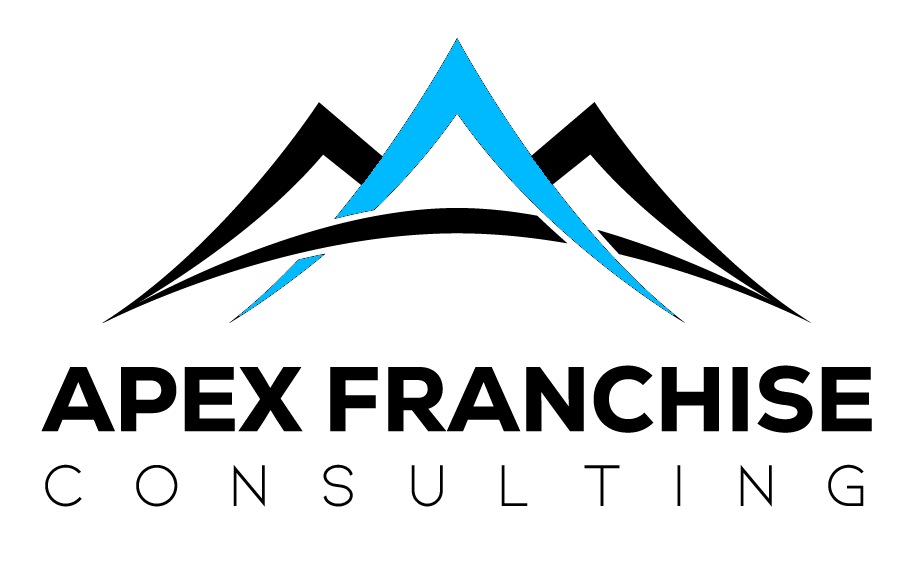Exploring Your Options: Different Ways to Fund a Franchise Purchase
Embarking on the journey of owning a franchise can be an exhilarating prospect, offering the opportunity to be your own boss and build a successful business within an established framework. However, one of the most significant challenges aspiring franchisees often face is securing the necessary funds to purchase and operate their chosen franchise. Fortunately, there are various avenues available to fund a franchise purchase, each with its own advantages and considerations. In this blog post, we’ll explore different ways to finance your franchise dream.
- Traditional Bank Loans: Securing a loan from a bank or financial institution is one of the most common methods used to fund a franchise purchase. Traditional bank loans typically offer competitive interest rates and structured repayment terms. To qualify for a bank loan, franchisees may need to demonstrate a strong credit history, provide collateral, and present a detailed business plan outlining the viability of the franchise venture. While bank loans offer stability and predictability, the application process can be rigorous, and approval may depend on various factors, including the franchise brand’s reputation and the borrower’s financial standing.
- SBA Loans: Small Business Administration (SBA) loans are a popular choice for franchise financing, particularly for first-time entrepreneurs or those with limited capital. SBA loans are partially guaranteed by the government, which reduces the risk for lenders and enables franchisees to access funding with lower down payments and more favorable terms. The SBA offers several loan programs tailored to different business needs, including the 7(a) loan program, which can be used for franchise purchases, equipment acquisition, and working capital. While SBA loans offer flexibility and competitive rates, the application process can be time-consuming, and eligibility criteria may vary depending on the lender and loan program.
- Franchisor Financing: Some franchisors offer financing options to prospective franchisees to facilitate the purchase of their franchises. Franchisor financing may come in the form of direct loans, where the franchisor extends credit to the franchisee, or through partnerships with third-party lenders who specialize in franchise financing. Franchisor financing arrangements can streamline the funding process and may offer more lenient qualification requirements compared to traditional loans. However, franchisees should carefully review the terms and conditions of franchisor financing agreements, including any associated fees or interest rates, to ensure they align with their long-term financial goals.
- Home Equity Loans or Lines of Credit: Homeowners may leverage the equity in their homes to finance a franchise purchase through home equity loans or lines of credit. These secured loans use the borrower’s home as collateral, allowing franchisees to access funds at lower interest rates compared to unsecured loans. Home equity loans offer flexibility in terms of loan amount and repayment terms, and the interest paid may be tax-deductible in some cases. However, using home equity to fund a franchise involves the risk of losing the property in the event of default, so franchisees should weigh the pros and cons carefully and seek professional advice before proceeding.
- Alternative Financing Options: In addition to traditional lending sources, franchisees may explore alternative financing options such as peer-to-peer lending, crowdfunding, or equipment leasing. Peer-to-peer lending platforms connect borrowers with individual investors willing to fund their projects, while crowdfunding platforms allow franchisees to raise capital from a large pool of investors in exchange for equity or rewards. Equipment leasing enables franchisees to acquire necessary equipment or machinery without a significant upfront investment, spreading the cost over time through lease payments. While alternative financing options offer flexibility and innovation, they may come with higher interest rates or additional fees compared to traditional loans, so franchisees should carefully evaluate the terms and risks involved.
In conclusion, funding a franchise purchase requires careful planning, research, and consideration of the available financing options. Whether through traditional bank loans, SBA loans, franchisor financing, home equity loans, or alternative financing sources, aspiring franchisees have a variety of avenues to explore in their quest to turn their franchise dreams into reality. By understanding the advantages and considerations of each funding option and seeking guidance from financial experts and franchising professionals, entrepreneurs can navigate the financing process with confidence and embark on a successful journey as franchise owners.

